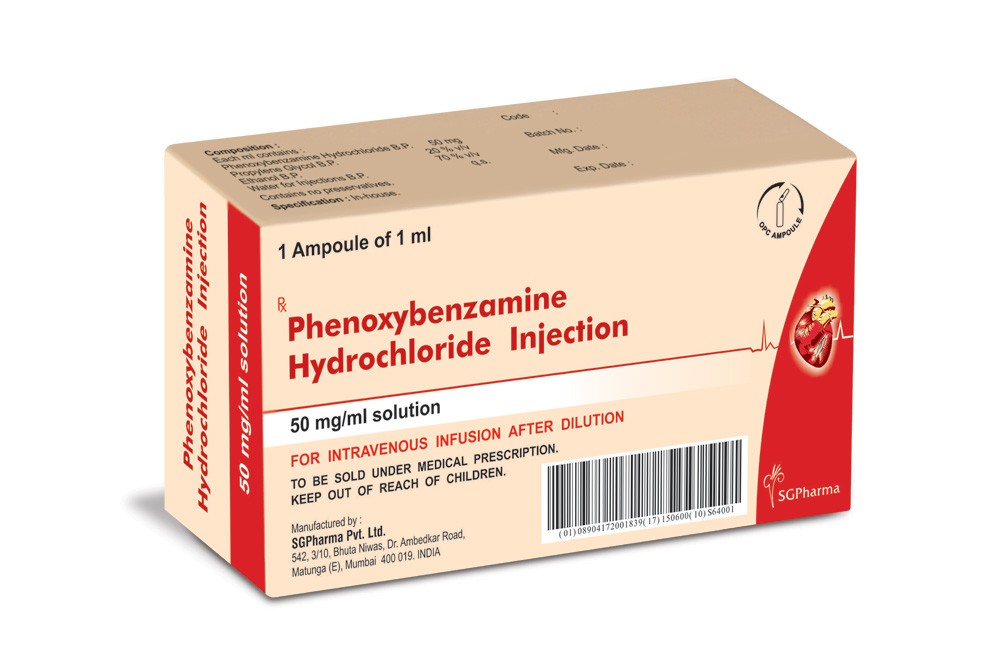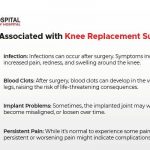
Contents
phenoxybenzamine – oral, Dibenzyline
Medication Uses How To Use Side Effects Precautions Drug Interactions Overdose Notes Missed Dose Storage
USES: This medication is used to treat high blood pressure and heavy sweating due to a certain tumor of the adrenal glands (pheochromocytoma). Phenoxybenzamine belongs to a class of drugs known as alpha blockers. It works by relaxing and widening blood vessels so that blood can flow more easily.OTHER This section contains uses of this drug that are not listed in the approved professional labeling for the drug but that may be prescribed by your health care professional. Use this drug for a condition that is listed in this section only if it has been so prescribed by your health care professional.This drug may also be used with other medications to treat certain blood circulation problems (e.g., Raynaud’s syndrome).It is also used to treat certain conditions which involve difficulty urinating (e.g., neurogenic bladder, partial prostatic obstruction). HOW TO USE: Take this medication by mouth with or without food, usually 2 to 3 times daily or as directed by your doctor.Dosage is based on your medical condition and response to therapy.Use this medication regularly in order to get the most benefit from it. To help you remember, take it at the same times each day. It is important to continue taking this medication even if you feel well. Most people with high blood pressure do not feel sick.Do not suddenly stop taking this medication without consulting your doctor. Your condition may become worse when the drug is suddenly stopped. Your dose may need to be gradually decreased.Inform your doctor if your condition worsens (e.g., your routine blood pressure readings increase). SIDE EFFECTS: Stomach upset, nausea, stuffy nose, drowsiness, dizziness or decrease in pupil size may occur. If any of these effects persist or worsen, notify your doctor or pharmacist promptly.To lower your risk of dizziness and lightheadedness, get up slowly when rising from a sitting or lying position.Remember that your doctor has prescribed this medication because he or she has judged that the benefit to you is greater than the risk of side effects. Many people using this medication do not have serious side effects.Tell your doctor immediately if any of these unlikely but serious side effects occur: fast heartbeat, fainting, sexual problems in males (e.g., trouble ejaculating), weakness.For males, in the very unlikely event that you have a painful or prolonged erection lasting 4 or more hours, stop using this drug and seek immediate medical attention, or permanent problems could occur.A very serious allergic reaction to this drug is rare. However, seek immediate medical attention if you notice any of the following symptoms of a serious allergic reaction: rash, itching/swelling (especially of the face/tongue/throat), severe dizziness, trouble breathing.This is not a complete list of possible side effects. If you notice other effects not listed above, contact your doctor or pharmacist.In the US -Call your doctor for medical advice about side effects. You may report side effects to FDA at 1-800-FDA-1088.In Canada – Call your doctor for medical advice about side effects. You may report side effects to Health Canada at 1-866-234-2345.
PRECAUTIONS: Before taking phenoxybenzamine, tell your doctor or pharmacist if you are allergic to it; or to other alpha blockers (e.g., phentolamine); or if you have any other allergies. This product may contain inactive ingredients, which can cause allergic reactions or other problems. Talk to your pharmacist for more details.Before using this medication, tell your doctor or pharmacist your medical history, especially of: blood vessel disease (e.g., cerebral arteriosclerosis, coronary artery disease), heart disease (e.g., congestive heart failure), kidney disease, lung infections.Before having surgery, tell your doctor or dentist that you are taking this medication.This drug may make you dizzy or drowsy. Do not drive, use machinery, or do any activity that requires alertness until you are sure you can perform such activities safely. Limit alcoholic beverages.Caution is advised when using this drug in the elderly because they may be more sensitive to its effects, especially dizziness.During pregnancy, this medication should be used only when clearly needed. Discuss the risks and benefits with your doctor.It is unknown if this drug passes into breast milk. Consult your doctor before breast-feeding.
DRUG INTERACTIONS: Your doctor or pharmacist may already be aware of any possible drug interactions and may be monitoring you for them. Do not start, stop, or change the dosage of any medicine before checking with them first.Before using this medication, tell your doctor or pharmacist of all prescription and nonprescription/herbal products you may use, especially of: drugs to treat erectile dysfuntion-ED or pulmonary hypertension (e.g., sildenafil, tadalafil), epinephrine, other alpha blockers (e.g., prazosin), other drugs for high blood pressure (e.g., diuretics, ACE inhibitors, beta blockers).Tell your doctor or pharmacist if you also take drugs that cause drowsiness such as: certain antihistamines (e.g., diphenhydramine), anti-seizure drugs (e.g., carbamazepine), medicine for sleep or anxiety (e.g., alprazolam, diazepam, zolpidem), muscle relaxants, narcotic pain relievers (e.g., codeine), psychiatric medicines (e.g., chlorpromazine, risperidone, amitriptyline, trazodone).Check the labels on all your medicines (e.g., cough-and-cold products, diet aids, nonsteroidal anti-inflammatory drugs-NSAIDs such as ibuprofen for pain/fever reduction) because they may contain ingredients that could increase your blood pressure or contain drowsiness-causing ingredients. Ask your pharmacist about using those products safely.This document does not contain all possible interactions. Therefore, before using this product, tell your doctor or pharmacist of all the products you use. Keep a list of all your medications with you, and share the list with your doctor and pharmacist. OVERDOSE: If overdose is suspected, contact a poison control center or emergency room immediately. US residents can call their local poison control center at 1-800-222-1222. Canada residents can call a provincial poison control center. Symptoms of overdose may include: fainting, severe weakness, fast heartbeat.
QUESTION
NOTES: Do not share this medication with others.Have your blood pressure checked regularly while taking this medication. Learn how to monitor your own blood pressure at home, and share the results with your doctor. MISSED DOSE: If you miss a dose, take it as soon as you remember. If it is near the time of the next dose, skip the missed dose and resume your usual dosing schedule. Do not double the dose to catch up. STORAGE: Store at room temperature between 59-86 degrees F (15-30 degrees C) away from light and moisture. Do not store in the bathroom. Keep all medicines away from children and pets.Do not flush medications down the toilet or pour them into a drain unless instructed to do so. Properly discard this product when it is expired or no longer needed. Consult your pharmacist or local waste disposal company for more details about how to safely discard your product. Information last revised December 2013. Copyright(c) 2013 First Databank, Inc.
Related Disease Conditions
High Blood Pressure (Hypertension)
High blood pressure (hypertension) is a disease in which pressure within the arteries of the body is elevated. About 75 million people in the US have hypertension (1 in 3 adults), and only half of them are able to manage it. Many people do not know that they have high blood pressure because it often has no has no warning signs or symptoms. Systolic and diastolic are the two readings in which blood pressure is measured. The American College of Cardiology released new guidelines for high blood pressure in 2017. The guidelines now state that blood normal blood pressure is 120/80 mmHg. If either one of those numbers is higher, you have high blood pressure. The American Academy of Cardiology defines high blood pressure slightly differently. The AAC considers 130/80 mm Hg. or greater (either number) stage 1 hypertension. Stage 2 hypertension is considered 140/90 mm Hg. or greater. If you have high blood pressure you are at risk of developing life threatening diseases like stroke and heart attack.REFERENCE: CDC. High Blood Pressure. Updated: Nov 13, 2017.
Pheochromocytoma
Pheochromocytoma is a tumor of the adrenal gland. Pheochromocytomas are quite rare and the vast majority of them are entirely benign. Only very rarely is a pheochromocytoma malignant. People with pheochromocytoma usually show these three symptoms headache, sweating, and heart palpitations (a fast heart beat) in association with markedly elevated blood pressure (hypertension).


